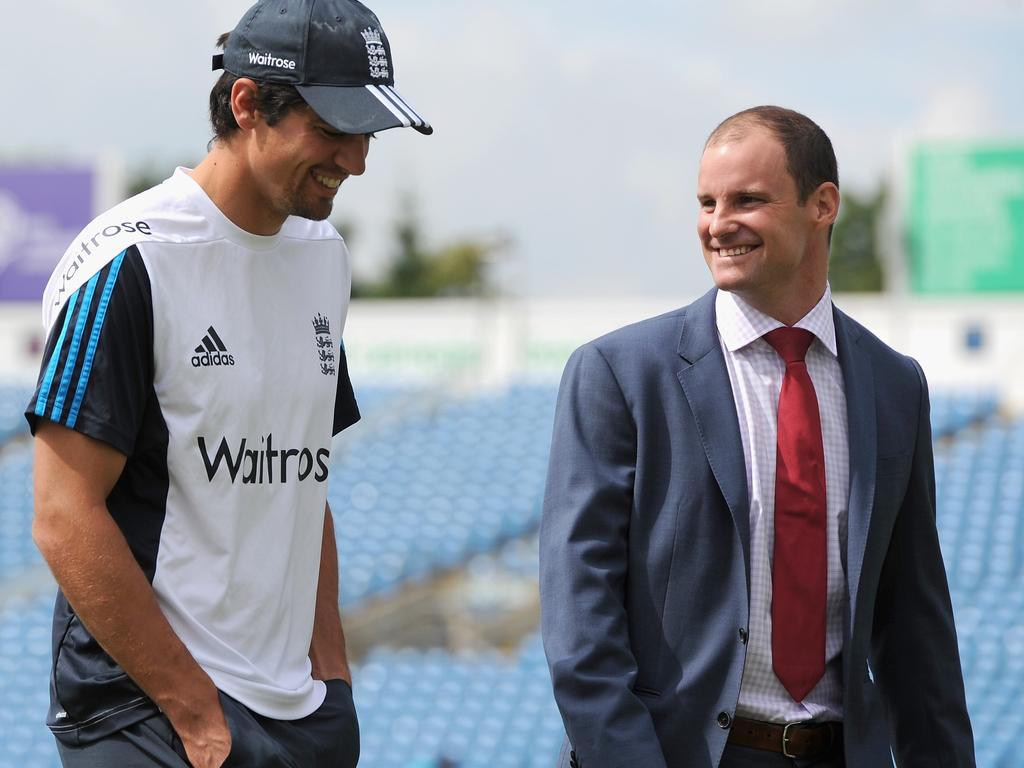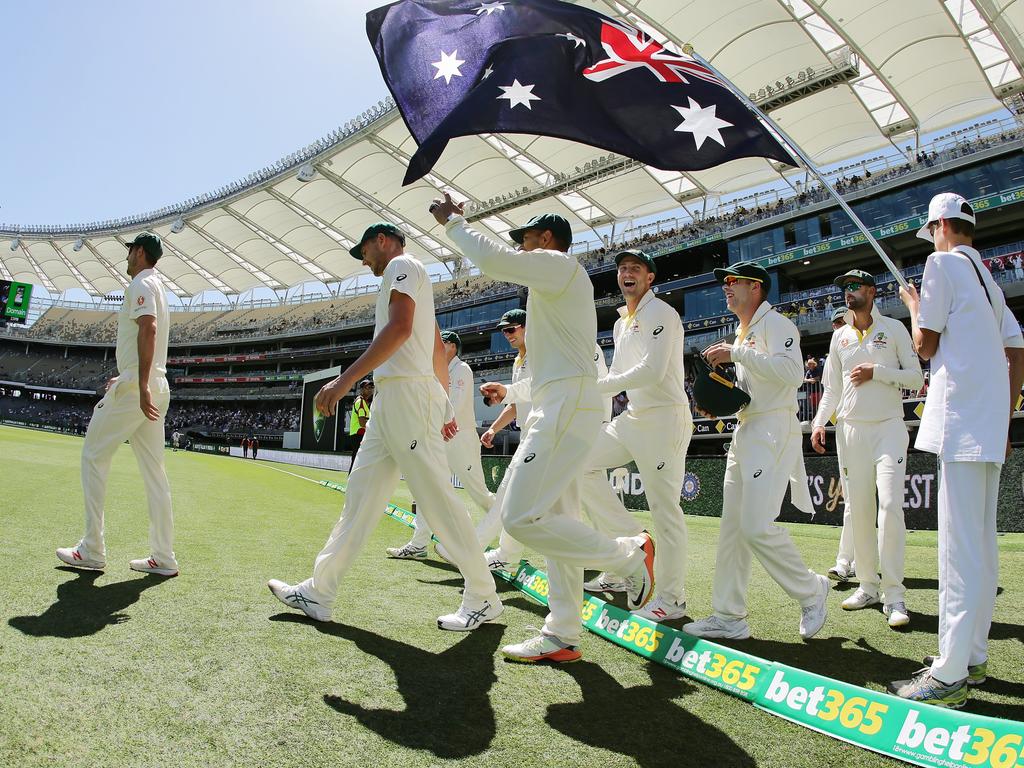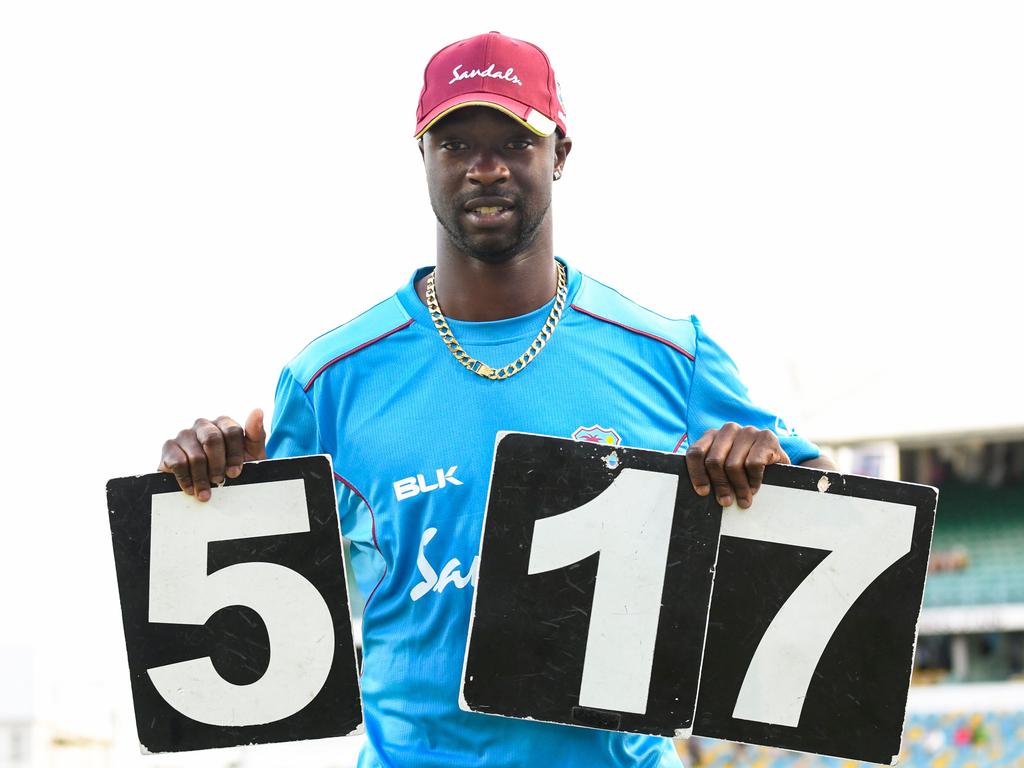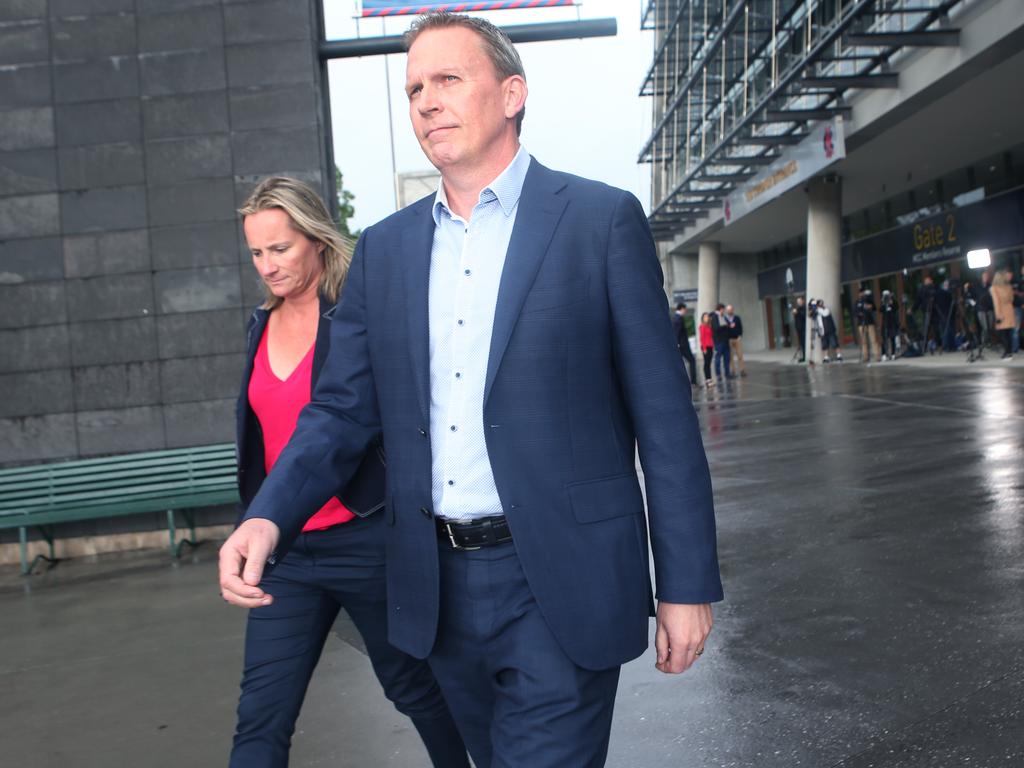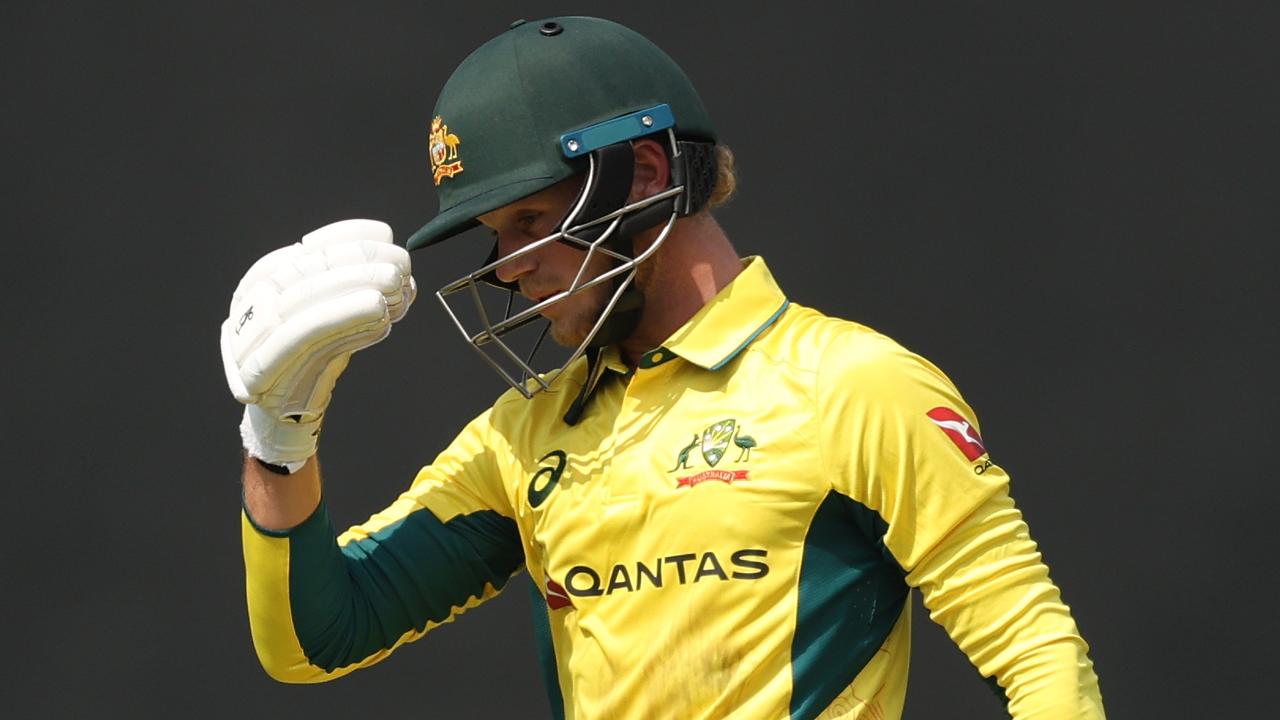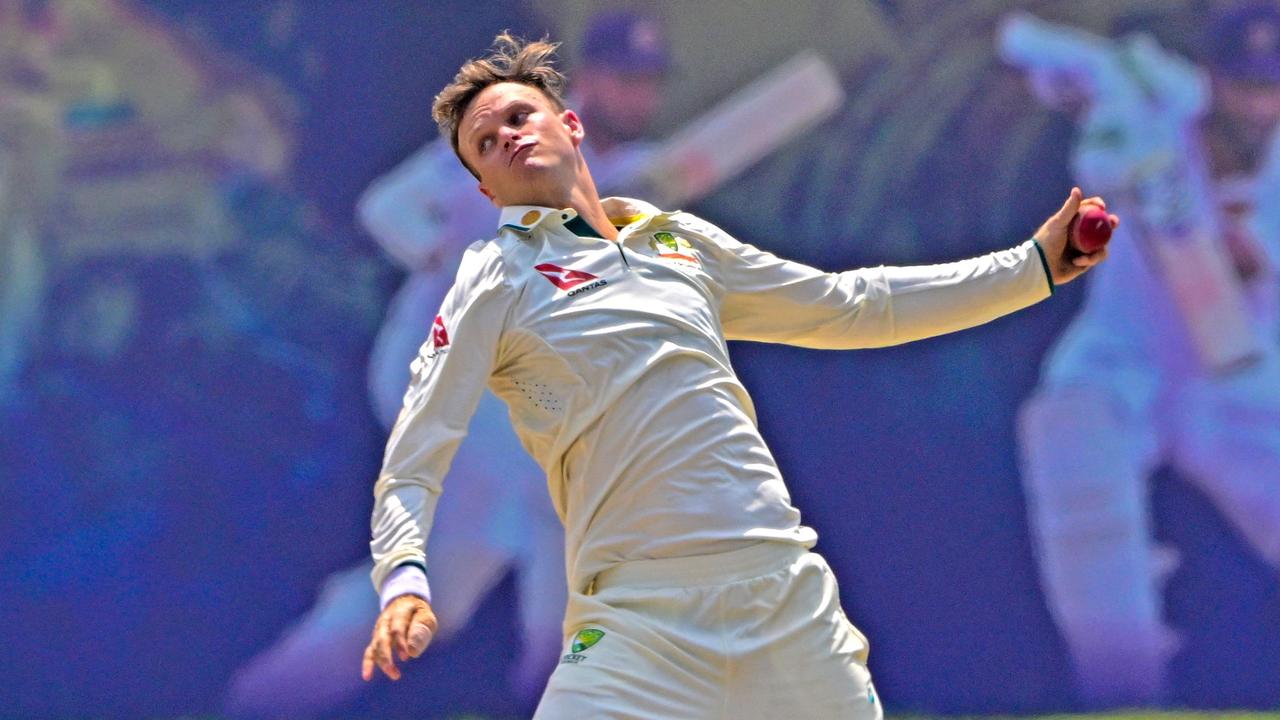Nick Hockley gets his head down in audition for Cricket Australia
The incoming chief executive officer at Cricket Australia should hope for similar results to Tim Paine in a time of crisis.
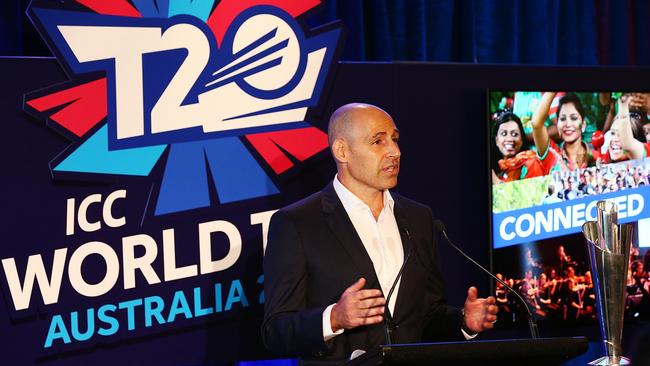
The incoming chief executive officer at Cricket Australia should consider himself the next Tim Paine and hope the results are similarly successful.
The wicketkeeper was handed captaincy of the Australian team at its lowest. Expectations were similarly low and allowances made for early failures, but when the upside was found the relief was palpable. Paine and coach Justin Langer had a honeymoon period that extended through a losing Test summer at home against India and so too will the incoming CEO, whoever that is.
While Paine was confirmed as captain immediately, Nick Hockley is an interim chief executive while the game does its due diligence before appointing somebody to take on the extraordinarily difficult role.
Speaking from the Sydney home he shares with his wife and two daughters, Hockley doesn’t rule out accepting the job permanently, but will have to wait while Cricket Australia considers other options on the CEO Tinder app.
“My approach has always been to put my head down and do the best job I can and not worry about anything else,” he said. “That’s the approach I will be taking with this. We’ve got a lot to look forward to and at the moment I am just focused on getting ready for the summer.”
Already former England captain Andrew Strauss has been floated in relation to the job and it has been reported that former NRL and FFA chief David Gallop is another interested in the role.
Approached in the week before Kevin Roberts’ resignation, Hockley, who was CEO of the T20 World Cup organising committee, is guarded when asked what his change of jobs means for that event, which is scheduled to be played in October.
“This has all happened very, very quickly and over the last 24 hours I’ve been working on an interim plan for the local organising committee,” he said.
However, there are few who believe the T20 World Cup will go ahead this year.
Hockley admits that the “cost and risk of getting one team in (India) are a lot less than getting 15 teams in” for the tournament.
Hockley, 45, grew up in Birmingham, where he was a neighbour of Dennis Amiss and a friend of the England Test star’s son. Cricket was his “first love” and he played in the Birmingham League but says he was not good enough to go on. He did, however, represent England at student-level rugby.
He won’t admit to having been part of the baying mob in the Hollies’ Stand at Edgbaston that traditionally greets Australians with such venom, but was a regular at the venue.
“I spent a lot of time at Edgbaston and still one of my top five sporting moments is the 1999 World Cup semi-final when Australia tied with South Africa,” he said. “I’d finished my accounting exams that day in London and hightailed it up to Birmingham and went straight to the ground to watch that famous match. It was just incredible.”
Like Strauss, Hockley met his wife while working in Australia in corporate finance for PwC when in his late 20s. He returned to work on the London Olympic Games and the couple returned to Australia eight years ago where he took up jobs with Cricket Australia and later the ICC Cricket World Cups.
These days they live in Maroubra in Sydney’s eastern suburbs close to where David Warner and his wife Candice are building a home. On the wall of his office is an image from the 2015 World Cup final at the MCG. But it is the women’s final at the same venue in March that is the most recent highlight of his career.
A few days later Australia began to close down as the COVID-19 pandemic took hold.

